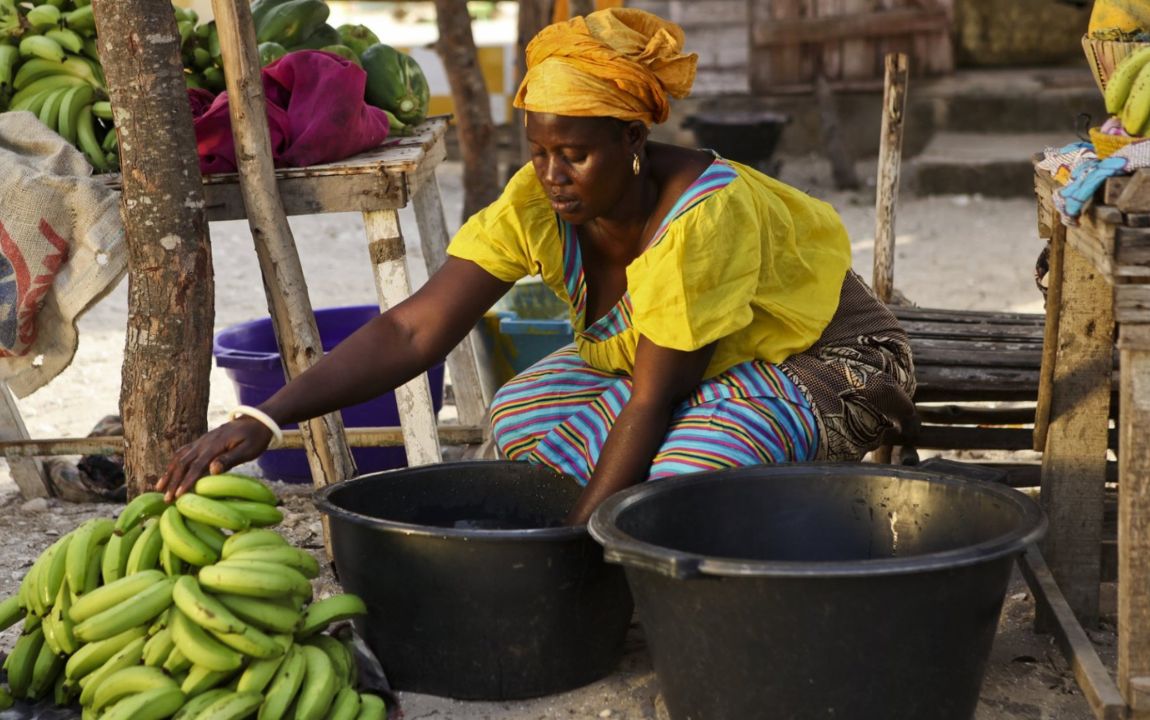Low-income entrepreneurs are individuals who start and operate businesses while facing economic constraints and limited financial resources. These entrepreneurs often come from economically disadvantaged backgrounds, where their income levels are below the poverty line or close to it. They may lack access to traditional financing options, have limited education and skills, and face various socio-economic challenges.
Low-income entrepreneurs are driven by the desire to improve their economic situation, create employment opportunities, and contribute to the economic development of their communities. They often operate in sectors such as small-scale retail, food services, crafts, and other local businesses that require minimal capital to start.
Despite facing financial hardships, low-income entrepreneurs demonstrate resilience and resourcefulness in their pursuit of business success. They may leverage informal networks, community support, and alternative funding sources to overcome financial barriers. Government programs, non-profit organizations like FinLiteCore, and microfinance institutions sometimes provide support and resources to help these entrepreneurs establish and grow their businesses.
The challenges faced by low-income entrepreneurs can include limited access to education and training, difficulties in securing loans or credit, lack of business experience, and the absence of a supportive entrepreneurial ecosystem to which FinLiteCore is currently proffering solutions. Initiatives aimed at empowering and supporting low-income entrepreneurs often focus on providing training, mentorship, and access to financial resources to help them overcome these challenges and build sustainable businesses.

